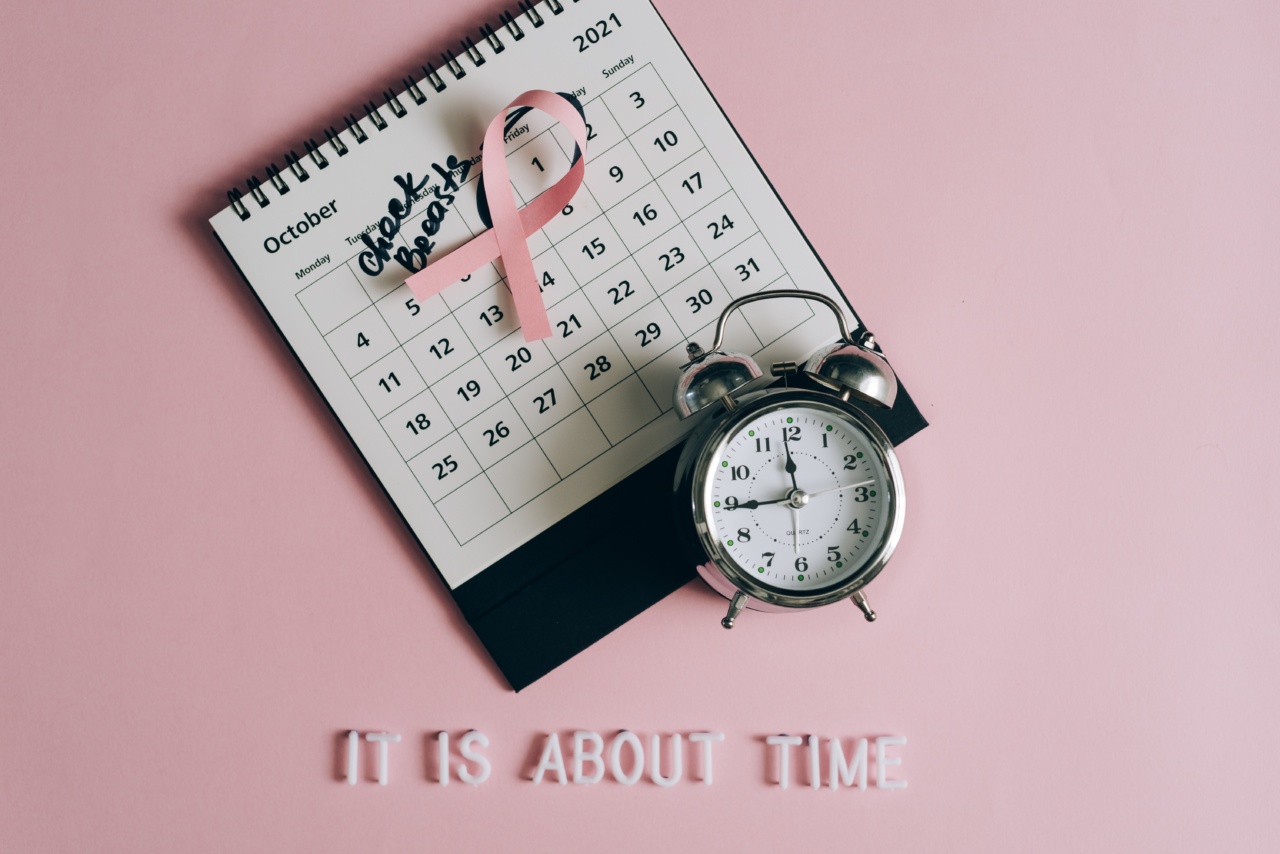Our diet plays a significant role in maintaining good health. While there are numerous foods that promote overall well-being, there are also certain foods that have been linked to an increased risk of cancer.
By being aware of these foods, we can make better choices to protect ourselves against this deadly disease. Here are 10 foods that you should consume in moderation, as they may increase your risk of cancer.
1. Processed Meats
Processed meats such as hot dogs, sausages, and bacon are often preserved using salt, nitrates, and other additives.
These meats have been classified as carcinogens by the World Health Organization (WHO), meaning they have the potential to cause cancer, particularly colorectal cancer. It is best to limit the consumption of processed meats and opt for lean cuts of fresh meat instead.
2. Sugary Drinks
Sugary drinks like soda, sports drinks, and fruit juices with added sugars are not only high in empty calories but can also contribute to weight gain, obesity, and an increased risk of cancer.
The high sugar content can lead to insulin resistance, inflammation, and abnormal cell growth. Opt for healthier alternatives like water, unsweetened tea, or natural fruit-infused water.
3. Fast Food and Fried Snacks
Fast food items and fried snacks like French fries, fried chicken, and chips are typically high in unhealthy fats and have been linked to an increased risk of cancer.
These foods are often cooked at high temperatures, leading to the formation of carcinogenic compounds like acrylamide. Limit your consumption of fast food and opt for homemade, healthier alternatives instead.
4. Refined Grain Products
Refined grain products like white bread, white rice, and pastries have undergone processing that removes most of their beneficial nutrients, leaving behind mainly starch.
High consumption of these refined grains has been associated with an increased risk of various types of cancer, including colorectal and pancreatic cancer. Choose whole grain alternatives like whole wheat bread and brown rice, which are rich in fiber and nutrients.
5. Red and Processed Meats
Red meats such as beef, pork, and lamb, especially when processed, have been linked to an increased risk of certain cancers, particularly colorectal cancer.
The cooking methods used for these meats, such as grilling or barbecuing at high temperatures, can produce carcinogenic compounds. If you consume red meat, choose lean cuts and opt for healthier cooking methods like baking or broiling.
6. Artificial Sweeteners
Artificial sweeteners like aspartame, sucralose, and saccharin are often added to low-calorie or diet products. While they may help reduce calorie intake, there have been concerns regarding their potential carcinogenic effects.
Though research is still ongoing, it is advisable to limit your consumption of artificial sweeteners and opt for natural sweeteners like stevia or honey.
7. Highly Processed Snacks
Highly processed snacks like chips, crackers, and cookies often contain artificial additives, trans fats, and high levels of sodium.
These snacks offer little to no nutritional value and can contribute to weight gain and an increased risk of various types of cancer. Instead, choose healthier snack options like fresh fruits, nuts, or homemade popcorn.
8. Alcohol
Excessive alcohol consumption has been directly linked to an increased risk of several types of cancer, including breast, liver, and esophageal cancer.
Alcohol can damage DNA, interfere with the body’s ability to process and absorb nutrients, and weaken the immune system. If you choose to drink, do so in moderation and consider opting for red wine, which contains beneficial antioxidants.
9. Canned Foods
Canned foods may seem convenient, but many of them contain bisphenol A (BPA) in their linings, which can seep into the food. BPA is an endocrine disruptor that may increase the risk of hormonal cancers like breast and prostate cancer.
Whenever possible, opt for fresh or frozen foods, or choose BPA-free canned options.
10. Pickled and Smoked Foods
While consuming pickled or smoked foods occasionally is generally safe, excessive intake can elevate the risk of certain cancers. The process of pickling produces N-nitroso compounds, which are potentially carcinogenic.
Similarly, smoked foods, such as smoked meats and fish, contain harmful substances like polycyclic aromatic hydrocarbons (PAHs) that can increase the risk of cancer. Opt for fresh or steamed foods instead.






























